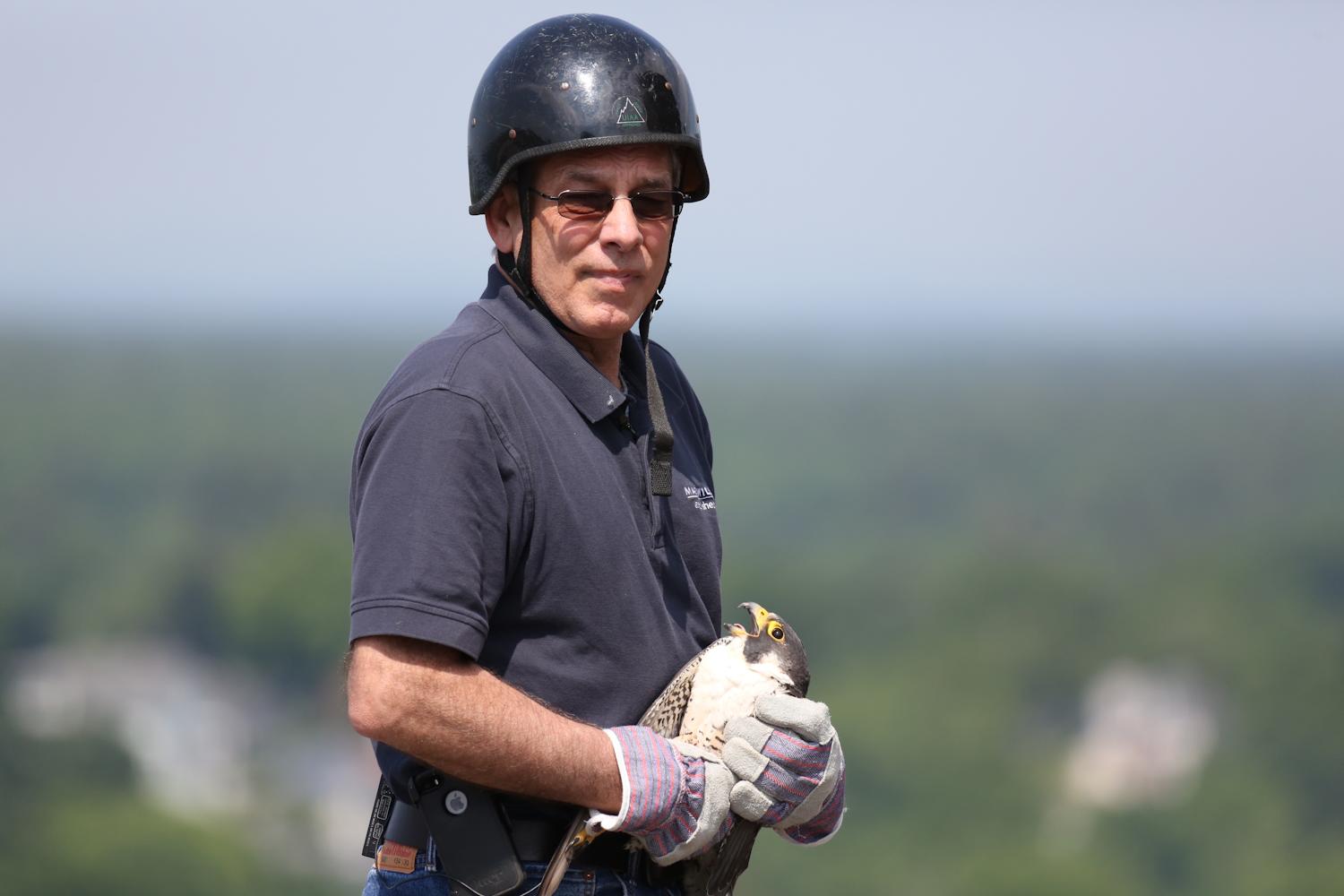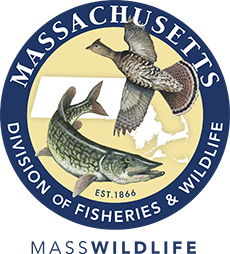- Division of Fisheries and Wildlife
- MassWildlife's Natural Heritage & Endangered Species Program
Media Contact
Media Contact, MassWildlife

Photo by Imelda Joson/Joson Images
An asteroid measuring 2 to 5 kilometers in diameter was recently named after Dr. Thomas W. French, the founding leader and former Assistant Director of MassWildlife’s Natural Heritage and Endangered Species Program (NHESP). Unlike comets, which are usually named after their discoverers, asteroids are named for mythological figures and geographical places—or for renowned scientists, explorers, poets, composers, novelists, and other prominent figures.
The Paris-based International Astronomical Union (IAU) officially named minor planet 1991 PN2 as “(20010) Tomfrench”. The IAU’s 15-member Working Group for Small Bodies Nomenclature (WGSBN) is the sole scientific organization with the authority to assign names to small solar system bodies like asteroids, comets, and satellites of minor planets.
Imelda B. Joson and Edwin L. Aguirre, both former editors of Sky & Telescope magazine, have known Dr. French for 16 years and proposed the naming to the IAU. The couple first met French in 2007 in Lowell, where they volunteered monitoring peregrine falcons.
“This is a completely unexpected and humbling honor,” says Dr. French. “I hope that recognizing me with this honor is a validation of how important it is for all of us to help conserve the health and natural diversity of our world.”
The naming of the asteroid recognizes Dr. French’s contributions to wildlife restoration, protection, and conservation. The citation, which was published in the IAU’s WGSBN Bulletin on July 3, 2023 reads:
Thomas W. French (b. 1950), a biologist and former assistant director of MassWildlife’s Natural Heritage and Endangered Species Program, led the successful reintroduction of peregrine falcons and bald eagles in Massachusetts after their native populations were wiped out due to extensive use of the insecticide DDT from the 1940s to 1972.
“We are so happy that the international astronomical community has recognized Tom’s contributions to advancing our knowledge of the natural world as well as informing the public on the importance of preserving our planet’s biodiversity,” says Aguirre.
“Tom is a true gentleman scientist, and his experience, passion, dedication, knowledge and professionalism are exceptional,” added Joson. “We’re glad to know that a huge chunk of real estate bearing Tom’s name is now floating out there in space!”
Asteroids are small, rocky bodies left over from the birth of the solar system about 4.6 billion years ago. According to the WGSBN Bulletin, asteroid (20010) Tomfrench was discovered on August 2, 1991, by the European Southern Observatory in La Silla, Chile. Asteroid (20010) Tomfrench takes 3.9 years to complete one orbit around the Sun. It is currently about 480 million kilometers from Earth, shining very dimly in the constellation Taurus. One would need a fairly large telescope and sensitive CCD camera to record its faint, starlike image.
During his career with MassWildlife, Dr. French oversaw field research, habitat restoration and management, rare species restoration, permitting the possession of wildlife for research and education, data management, and regulatory reviews of proposed projects under the Massachusetts Endangered Species Act. He has published 78 technical papers in peer-reviewed journals, given hundreds of lectures to universities, state agencies, ornithological societies, and conferences, and received numerous professional awards.

